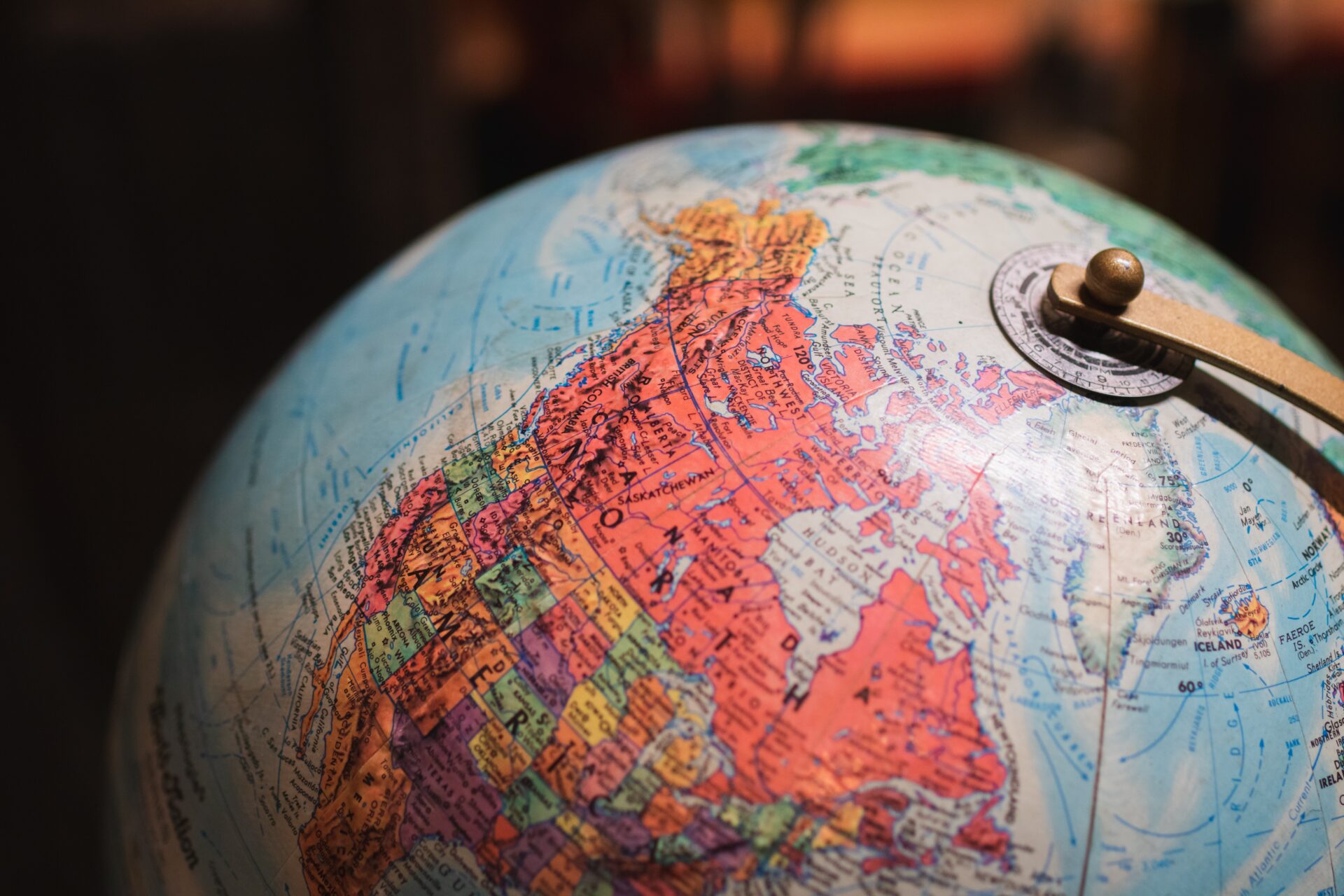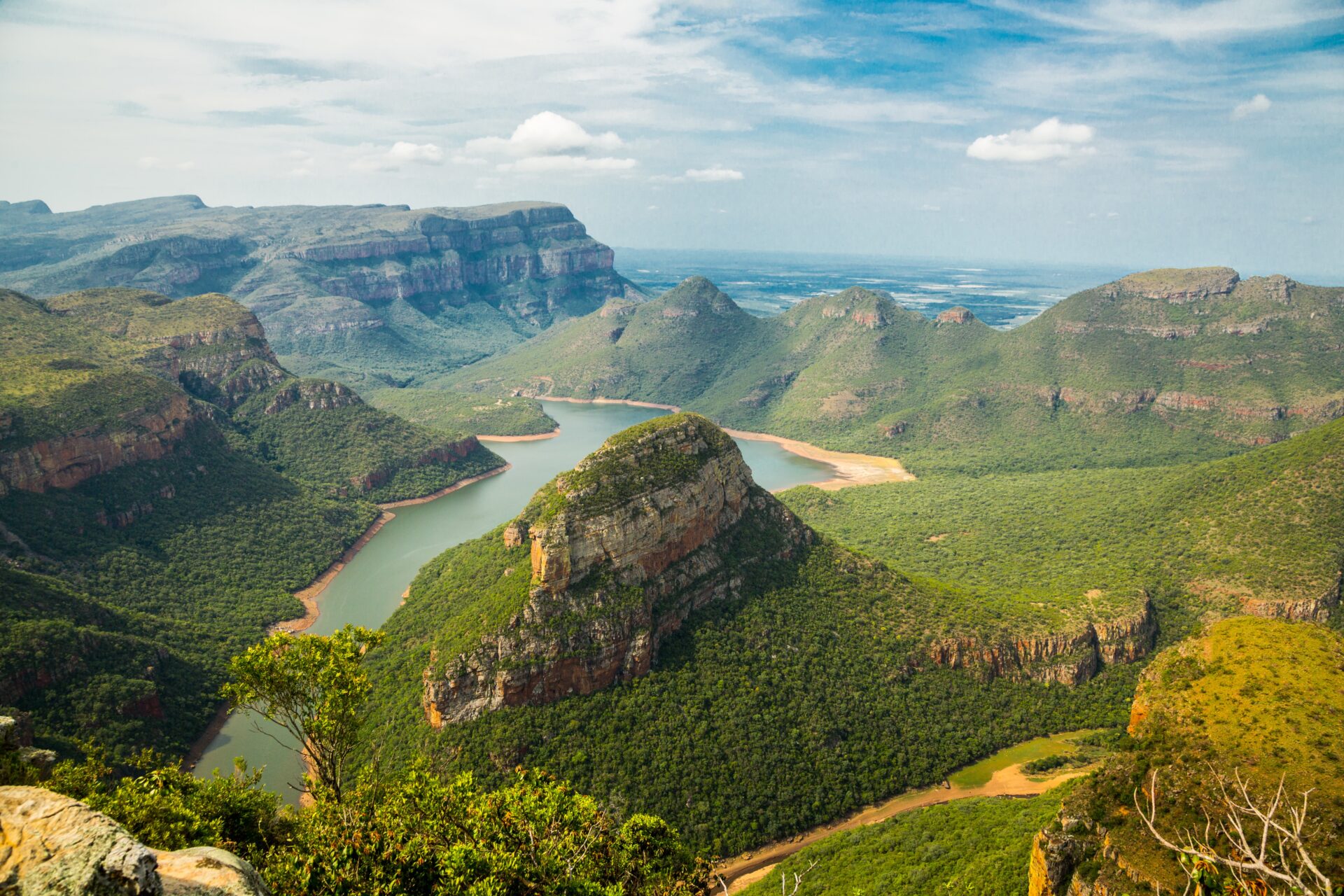
Weed in Other Countries
There once was a time when even California cannabis legalization seemed to be something of an impossible dream. After decades of prohibition, the growing and consuming of everything from weed pre-rolls to vapes and extracts has become increasingly accepted in many countries around the world, making for some fascinating developments in recent years.
While recreational marijuana remains prohibited on the federal level in many nations, the current state of global weed legalization is constantly evolving and changing — and there’s no telling what will come next!
In this blog post, we’ll eliminate any confusion regarding which country has successfully legalized cannabis use and give you all the information you need to understand where things stand today with regard to international weed legalizations.
So if you’re curious about how different parts of the world are handling their decriminalization efforts or realize that your own country still lags behind when it comes to progressive policy decisions involving pot — buckle up and read on — because knowledge is power!
Intro: Weed in Other Countries
Weed legalization is gaining momentum across the world, and more countries are legalizing it either for medical use, or for recreational consumption. While it’s still illegal in many nations, a growing number of governments are starting to see the potential benefits weed could bring to their citizens and economies.
Over the past few years, weed regulation has been debated in Europe, North America, and South America as public opinion continues to shift in favor of access and use.
As an ever-growing number of countries move towards cannabis legalization, we can no longer ignore the impact weed is making on our global society. As this article will explain, weed regulatory frameworks vary from country-to-country depending on social norms and political preferences.
From government-run retail outlets that strictly monitor potency to hemp cultivation initiatives that facilitate research projects into medical benefits – weed legalization opens up a variety of possibilities that could have a dramatic effect on our lives.

Legal Status of Cannabis in Canada
With weed legalization already enacted in many states across the United States and even in certain countries around the world, it makes sense to wonder what is happening with weed legalization in other areas. In particular, let’s look at Canada where cannabis was officially legalized nationally on October 17, 2018.
This made them the first major developed country to do so, providing an example for other G7 nations that weed can be consumed safely and responsibly. In practice, weed is now regulated similarly to alcohol or tobacco within the country; there are restrictions on public consumption, possession limits, and laws concerning who may legally consume it (generally people over 18 or 19).
As of right now Canadians seem to be widely embracing this decision and recreational weed is generally surging in popularity within the nation.
European Union’s Views on Marijuana and Cannabis-Related products
The European Union has some of the strictest restrictions on weed and cannabis-related products. As much as the world has made progress on marijuana legalization, it’s clear that across many European countries, weed remains widely illegal. However, there is a growing acceptance for medical use of weed as a natural form of relief from pain and other ailments.
Nonetheless, looking at the EU’s overall stance on weed legalization, it seems like we are far from seeing widespread acceptance for recreational use in Europe anytime soon. All these factors make it particularly challenging for weed-based businesses across the EU to leverage their offerings in an open market. It will be fascinating to observe further developments in this area and see if other countries eventually join in on weed legalization with the same fervency that we have seen in countries such as Canada or Uruguay.

Latin America’s Edgy Regulations for Medical Marijuana
In Latin America, weed legalization has been a contentious topic of debate for years. Recently, however, some countries have made progress towards loosening regulations and improving access to cannabis products for medical marijuana users. Specifically, Argentina recently approved legislation which allowed the use of weed derivatives as medicinal treatments. In other countries like Uruguay, weed is actually entirely legal and has been since 2013.
As more progressive regulations come into effect in Latin American countries it’s worth considering how weed legalization could affect its people and health options in the long term. As an essential medicine for countless people, weed can provide a new approach to pain relief or other ailments. Analyzing Latin America’s edgy regulations could prove key to understanding marijuana’s implications across different contexts.
Australia Paving the Way for Weed Legalization
Australia is a prime example of how weed legalization has been making serious strides around the globe. In February 2021, legislators in Canberra legalized weed for recreational use in the Australian Capital Territory.
This progressive step could mark a major turning point for weed legalization throughout the rest of Australia, further helping to reduce negative stigmas about weed usage and increasing access to medical marijuana across the continent. To stay up-to-date with weed legalization movements like these, it is important to keep an eye on current legislative developments from other countries, as they may serve as a springboard for similar weed laws to be implemented here at home.

Africa’s Relaxed Laws Towards Recreational Marijuana Usage
In recent years, weed legalization has been a much-debated topic worldwide. Africa is no exception to this, as the laws towards recreational marijuana usage seem to be much more relaxed than in other continents. African countries such as South Africa have already legalized weed for personal and home use, whilst a select number of other countries on the continent have proposed similar propositions to follow suit.
Although there are still many limitations that come with weed legalization, such as caps on weed amounts allowed and restrictions in public use or age limits, this marks an important step forward in terms of weed usage being accepted by governments. As we continue to keep updated with weed legislation changes around the world, learning about relaxed laws towards weed in African countries is an important example when looking at more progressive weed regulations across the globe.


